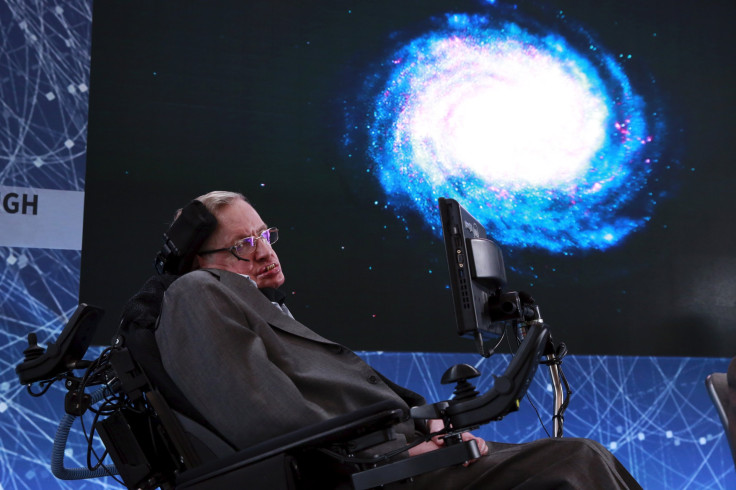Do Aliens Exist? Australia Joins $100M Breakthrough Listen Initiative To Search For Signs Of Alien Life

The Parkes Radio Telescope in New South Wales, Australia, has joined the $100 million Breakthrough Listen initiative to search for signs of alien life. The team's telescopes are distributed in California and West Virginia, with hopes that they would yield promising results.
“The addition of Parkes is an important milestone,” said Yuri Milner, an internet entrepreneur and founder of the Breakthrough Initiatives, which includes Breakthrough Listen. “These major instruments are the ears of planet Earth, and now they are listening for signs of other civilizations.”
Milner and astrophysicist Stephen Hawking, who founded Breakthrough Listen, are working on a nano-craft that can travel to the Earth's neighboring star system, Alpha Centauri.
“Breakthrough Listen would do more than just hunt for ET,” Matthew Bailes, Breakthrough Listen project’s Australian science coordinator, said in a statement.
“The detection system on Parkes will be simultaneously searching for naturally occurring phenomena such as pulsars and fast radio bursts, which are a large part of Parkes’ present work,” added Bailes, who is also ARC Laureate Fellow at the Centre for Astrophysics and Supercomputing at Swinburne University of Technology, Melbourne.
While the search for existence of alien life has been ongoing for several years, astronomers believe that searching for life outside Earth would be difficult.
“You’re always going to be searching for a needle in a haystack, that’s the bottom line. Yes, statistically, maybe many intelligent civilizations have come and gone, we simply don’t know the answer to that," Fred Watson, a professor of astronomy, reportedly said.
According to reports, the latest initiative using the new telescope is different from others as it is focused on detecting and identifying signs of Earth-like aliens or extraterrestrial civilizations.
Despite the extent of efforts, John Reynolds, program director at Commonwealth Scientific and Industrial Research Organisation, said that he remains skeptical.
“I’m a bit of a skeptic, but I like the idea. I think it is actually real science even though the chance of success is small. It’s definitely a question that has to be answered and you won’t find out unless you actually look,” he said.
© Copyright IBTimes 2024. All rights reserved.





















